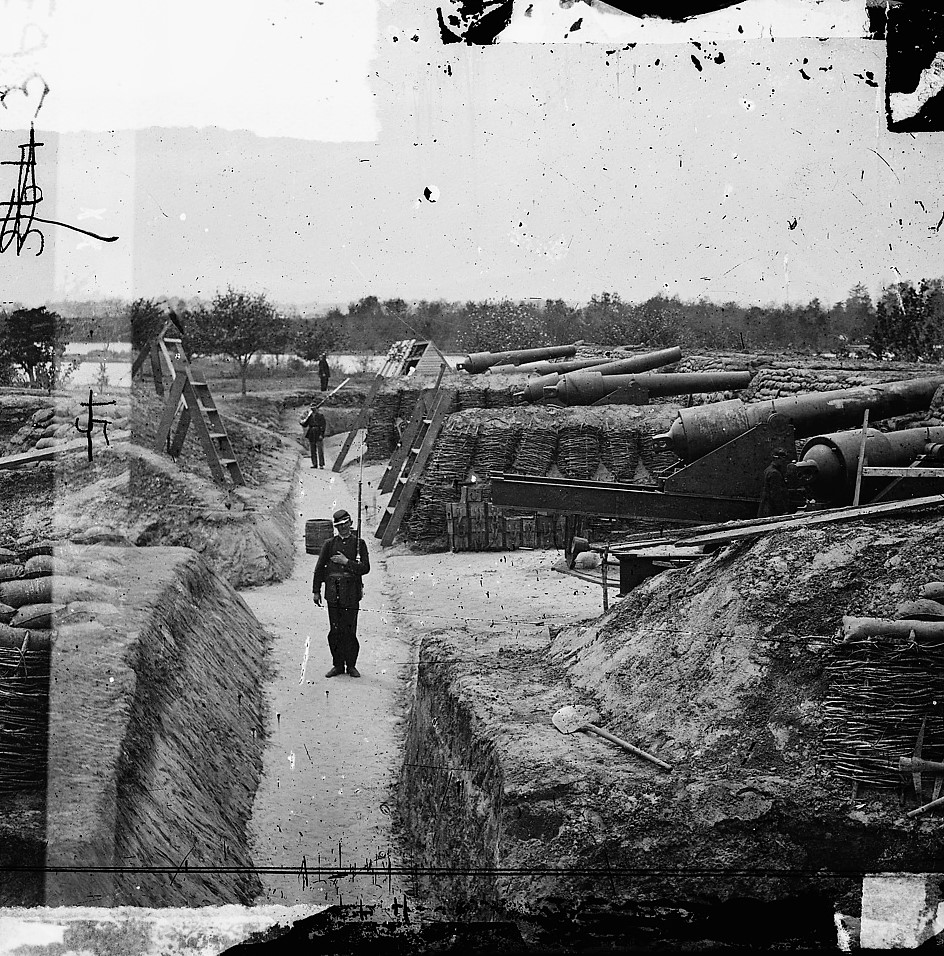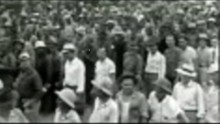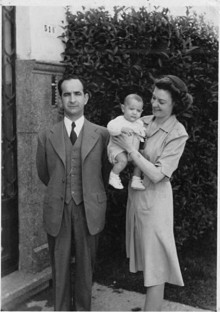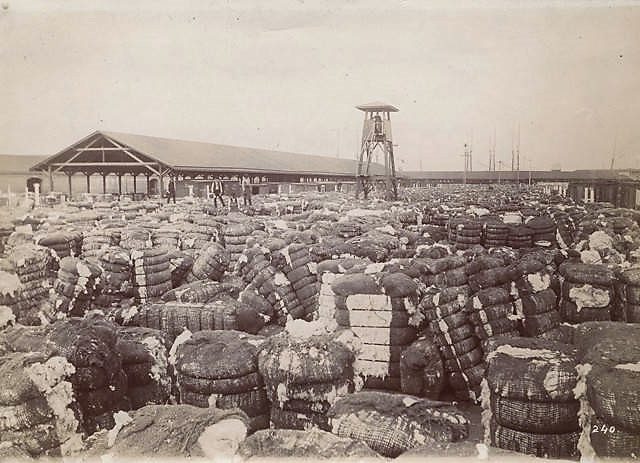SPECIAL SERVICE
An Incident of the Late War
Edited by Rebecca Cameron
Transcribed from the Birmingham Iron Age newspaper issued May 7, 1874
Early in May 1862, I had been scouting for several weeks in the vicinity of Yorktown, and on my return to camp Gary, I was summoned by Colonel Haskill, who asked me if I was willing to undertake a special service not strictly military, but indirectly beneficial to the cause.
I replied with alert cheerfulness: “Anything you tell me to do, Colonel, I am ready to attempt.”
Whereupon, smiling blandly, he proceeded to say:
“And none know better than yourself, a certain Captain Lester is the Yankee Provost Marshal in Yorktown, and it seems that he is desperately enamored of a young Southerner; who returns his affection, but refuses to marry an enemy. The love-lorn captain has contrived to notify the War Department that he will join the Confederacy if he can be gotten safely out of his present position and into Richmond. Both the lady and himself are in Yorktown, and I have been ordered to send a quick-witted and trustworthy agent to them to arrange the details of a plan by which this object can be effected. Do you think you can manage it?”
“Well, Colonel,” I answered, “it sounds like an uncommonly dirty job, but otherwise there’s no difficulty in it; and as war is not a particularly nice trade, anyhow, I don’t know that I need be squeamish about a little more or less uncleanliness. I’ll do it.”
 Scene of Yorktown with military encampment, 1862 (Library of Congress)
Scene of Yorktown with military encampment, 1862 (Library of Congress)
Set out for Yorktown
The Colonel furnished me with full credentials, and so forth; and that night I set off for Yorktown.
I had been in the city, at the least computation, fifty times since the Yanks had occupied it, and my fifty-first entrance was accomplished with no difficulty.
Just after daylight, equipped in full Yankee uniform, I walked boldly up to Captain Lester’s quarters, and demanded admittance on official business. I was immediately shown to his room, and by way of introduction, handed him Colonel Haskill’s letter, and while he read it, I took notes of his personal attributes.
He was a marvellously (sic) handsome fellow, with bright hazel eyes, rich, curly, dark hair, a genuine New England complexion, clear, white, and red, a heavy brown beard and moustache, ivory white teeth, a tall well built figure, and strangest of all, a deep, mellow voice, though he was a “twang snouter.”
After half an hour’s interview, everything was arranged to his satisfaction, and I rose to depart.
The captain hospitably insisted that I should have some breakfast.
“Thank you, Captain,” I answered, “but I show the Arab’s prejudice of not liking to eat salt with an enemy,” and so observing I bowed myself out.
Then visited the lady’s house
My next assault was made on the residence of the young lady, who was a niece of Commodore P., and a very pretty woman into the bargain. We held a cartel of some length, as I breakfasted, served by the fair hands of Miss Blake. The plan of the campaign was the following.
Miss Blake was to give utterance to some incendiary sentiments which would be reported to head-quarters, and, in consequence she would receive orders to leave the town in twenty-four hours.
Her trunks would be carried to the Provost’s office for inspection. A press of official business would cause the inspection to be delayed until the next day, when the baggage would be returned passported beyond the lines.
The delay in the inspection would have been profitably employed by Captain Lester, in packing into the trunks all his movable possessions, so that he might not be without a wedding garment when he reached fair “Richmond on the James.”
Miss Blake would proceed at once to the capital; and there await the arrival of her lover.
The night after her departure, Captain Lester was to make a reconnaissance with a small force some distance beyond their outposts; a party of scouts ambushed for the purpose, would surprise and overpower the whole party, and thus get the faithful Captain into our lines without his running the risk, and incurring the disgrace of deserting.
The scheme worked
The scheme worked like a charm.— Miss Blake reached the rebel lines with the Captain’s “purple and fine linen” intact; and the next night thereafter Hume’s band of scouts turned out in force, twenty-five strong, and ambushed themselves three miles above the Yankee outposts.
‘Twas a brilliant moon-light night, and about twelve o’clock we heard a sharp clatter of horses’ hoofs, and in a few minutes Captain Lester and eight men, rode straight into our ambuscade. As they did, Hume cried, in his clear, ringing voice. “Close in me, close in!” and the next moment a cordon of twenty-five well armed Confederates was drawn around them.
We had all received the strictest orders not to fire a shot unless commanded to do so by Hume. For the first minute the Yankees seemed completely bewildered, and ere they rallied; Hume demanded their surrender.
One man protested
Before Lester could reply, six of the eight men cried:
“Don’t surrender, Captain, we can cut our way out.”
Hume interposed, saying:
“I don’t care to sacrifice even an enemy uselessly. My men completely surround you; if you attempt to cut your way out, not one will escape to tell the tale. I don’t wish to see brave men butchered, so I once more demand instant surrender.”
Captain Lester replied at once:
“I see no hope of escape, and therefore I surrender,” and as he spoke he handed Hume his sword.
One of his men, a fine looking young sergeant, said earnestly:
“For Heaven’s sake; Captain, don’t surrender us like a parcel of trapped foxes right in hearing of our own guns. Let us be cut to pieces like men; if we can’t escape.”
The red blood mounted into Lester’s clear cheek at the bold words of the subordinate whom he had betrayed; but he answered sternly:
“I command this party, sergeant, and I am responsible for the lives of these men. I see no use in a contest of four to one, and I have no right to sacrifice the lives of these brave boys to a mere scruple of hot-headed pride, and rash folly, and therefore, men, I command you to throw down your arms and surrender.”
They obeyed
The men sullenly obeyed, and in ten minutes they stood disarmed and ready to march to the classic precincts of the Libby. Their escort received the usual orders to shoot any man who attempted to escape; and the two in charge of Captain Lester were savagely ordered to kill him the instant he made a suspicious movement.
This sanguinary injunctions was solely for Lester’s benefit, so that when he failed to appear in the Libby his men would believe that he had been killed by his guard.
Prisoners started off
Off started the prisoners and their escort, with orders to stop until morning at the first Confederate post that they reached. I rode on with Lester, who was to be sent to Richmond by another route; and half way to the city, I sent the guard back, with instructions to hint darkly of the bloody period that was put to Lester’s attempt to escape.
We reached the capital without adventure worth chronicling, and proceeded straightway to the War office, where Lester took the oath of allegiance to the Confederate States, and was then sworn into the service. Being now made regenerate, and an honest man (Heaven save the mark; how can a renegade dare hope to be called honest?) he doffed “the livery of hell,” as poor Hammond used to call the uniform of “the best government,” etc., and rehabilitated himself in Confederate gray. That night in a private parlor in the Spottswood Hotel, he was united to his “soul’s demnition charmer,: as Mantilini phrases it; and when I congratulated the lady of the lawful possession of her “galvanized” sposa, my connection with their fortunes was at an end.
Never called upon to serve the field
Lester was never called upon to serve in the field, but he rendered efficient service in some branch of the War Department. He was finally ordered to Charleston, where he contrived to “slip up” and his disconsolate widow went into a hospital until after the close of the war, and then took refuge from “the world, the flesh, and the –” in a convent in Canada.
“Be she alive, or be she dead,’ I do not know; but the story, as I have told it, is a literal fact, as any of the survivors of Hume’s gallant band of scouts can testify.
Discover genealogy and novels by Donna R. Causey
ALABAMA FOOTPRINTS Pioneers: A Collection of Lost & Forgotten Stories
includes the following stories
- The Yazoo land fraud
- Daily life as an Alabama pioneer
- The capture and arrest of Vice-president Aaron Burr
- The early life of William Barrett Travis, hero of the Alamo
- Description of Native Americans of early Alabama including the visit by Tecumseh
- Treaties and building the first roads in Alabama
ALABAMA FOOTPRINTS Pioneers: A Collection of Lost & Forgotten Stories




